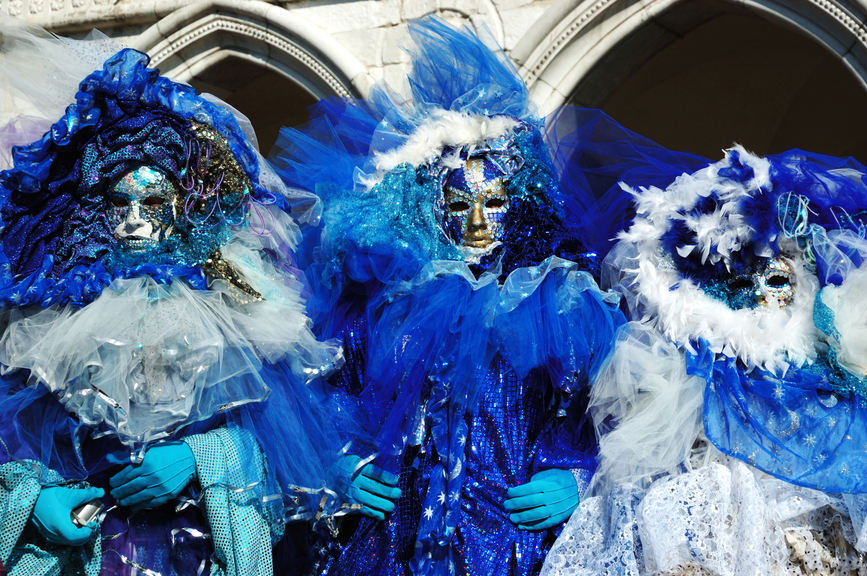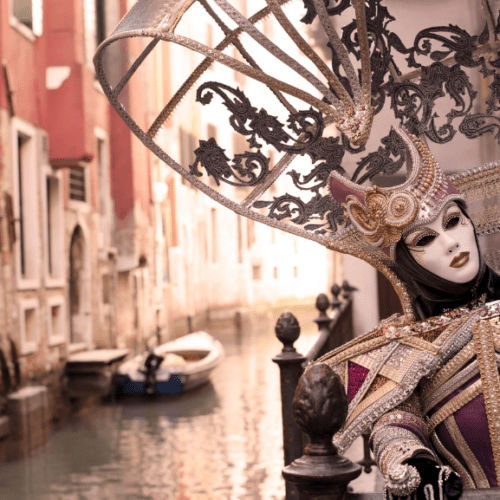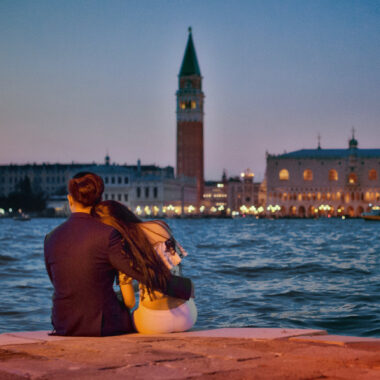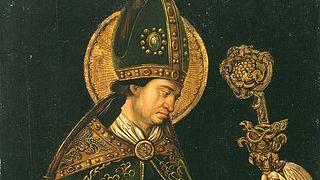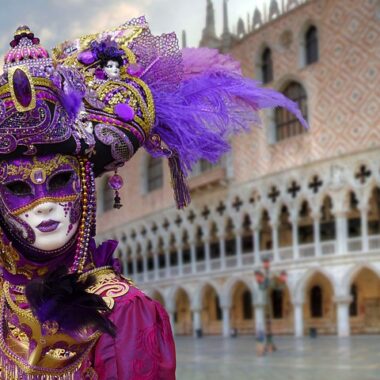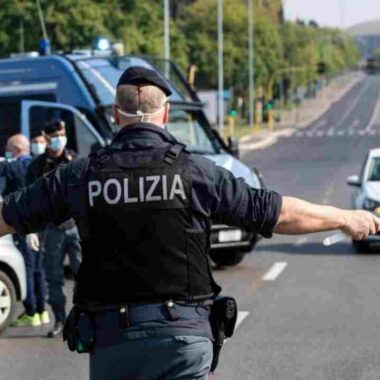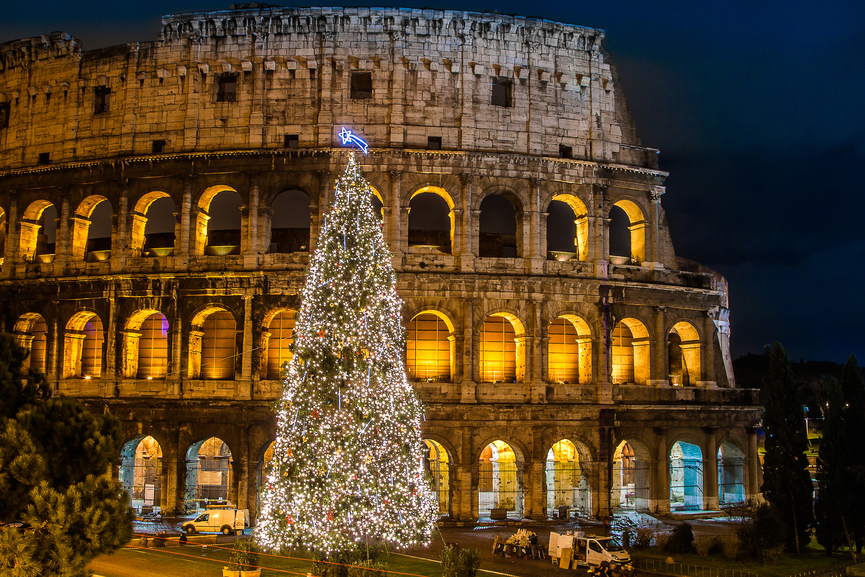Legally, the road is long and windy. So, where does Italy stand?
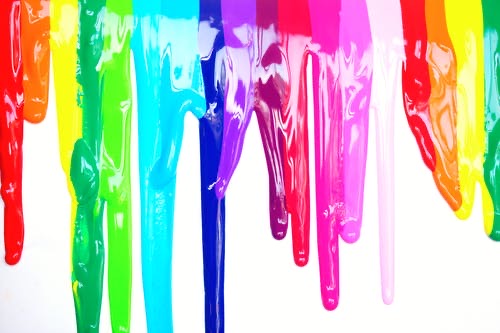
First, the Italian term, which is LGBTI. Same meaning, but with a different spelling. Now that the definition is clear, let’s see if the law is as clear. Here’s what the LGBTQ in Italy means.
The law’s perspective
While the situation has evolved, the LGBTQ community in Italy is still fighting for equality.
The before times
Italy’s unity happened in 1861. Before, the punishment of the libido acts between men was abolished. That is, if the men agreed and the acts happened in private. Still, it was only men, not women. And that wasn’t true everywhere in the territory. In fact, laws punished all sexual acts that didn’t lead to procreation.
Then, Italy became a unified state. And it promulgated the Code Zanardelli in 1889. It abolished any difference of treatment among homosexual and heterosexual acts. So, homosexuality wasn’t illegal anymore. And equality became a thing. In theory.
For the LGBTQ community in Italy, the road to progress stopped abruptly with Fascism. Mussolini introduced punishment for people who had acts with the same sex, but only if it was a public scandal. So, do it quietly and in private. And keep it a secret. The regime didn’t impose harsher sentences not out of benevolence. But because the vice wasn’t widespread in Italy. Or so the Fascists said.
Sadly, the Codice Rocco is still the penal code in Italy.

The modern times
In 2019, the European Commission released its “Eurobarometer on the social acceptance of LGBTIQ people in the EU.” It didn’t paint a pretty picture for Italy. The research reports that 76% of Europeans believe the LGBTQ community should have equal rights. This number is lower in Italy, where only 68% of the population agrees -staggering, compared to the 90% of Spain and Sweden.
Furthermore, homophobia is rampant in the sports world. And the LGBTQ community couldn’t donate blood until 2001.
One step forward
Civil unions became legal in 2016. Homosexual unions, not marriage. Civil unions take place in the Municipality, not the church. And the LGBTQ community has the same rights and duties as heterosexual couples, Italian politicians said. Except, they can’d adopt. So, LGBTQ couples have a difficult time recognizing (legally) their biological kid.
Two steps back
In 2021, Italy is the only country in Western Europe were LGBTQ weddings aren’t legal. Also, transgender can’t join the Army. While gay, lesbians, and bisexuals can. Plus, there is no law against conversion therapy. It’s not explicitly prohibited, just discouraged.
Furthermore, the law on gender reassignment is stuck in 1982, stating that a person wanting to change gender has to apply with the court to ask for permission to do the surgery. After going through the procedures and medical evaluations (both physical and psychological), the transition has to be formalized at the registry office for the change of gender and name.
Sounds obsolete? It is. Truth is, most of Italian legislation is obsolete.
“The institutions, the associations, and the services who deal with fragile people, they should wonder if they gave them freedom of expression,” the Arcigay organization writes, “in a society truly equal and civil, the right of voicing one’s gender identity has to be granted.”
Check out the Gay life in Viareggio!

And how are Italy and sex doing? Find out more about sex and Italians here!





